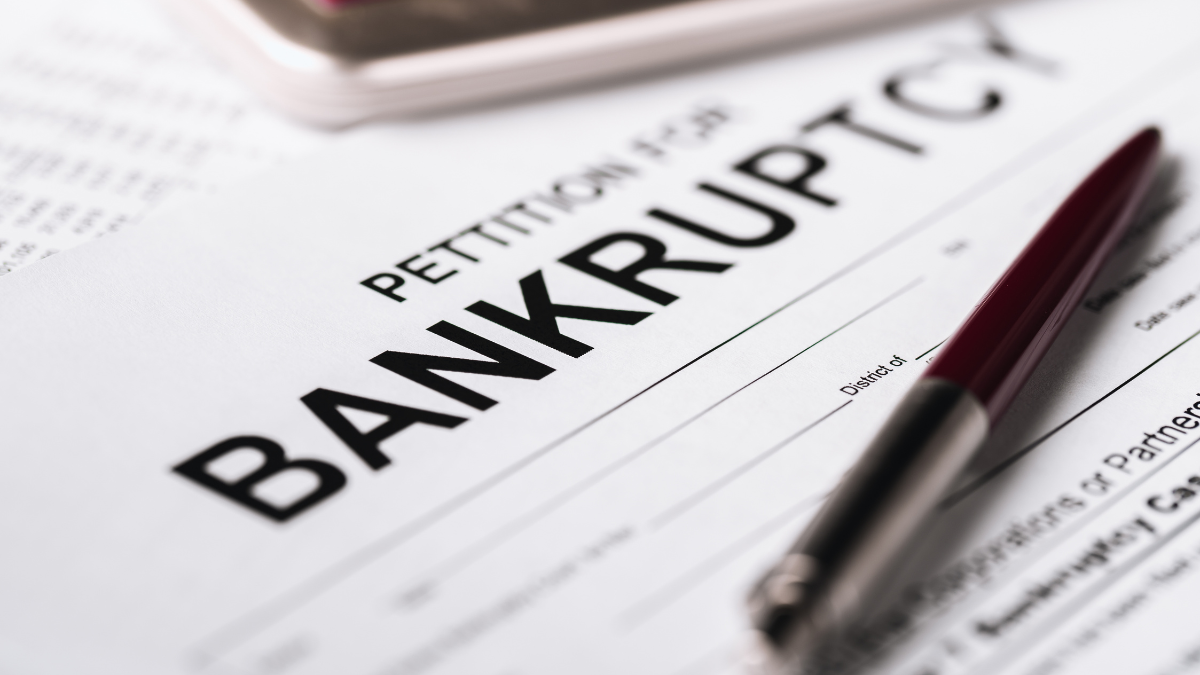Personal Bankruptcy – What You Need to Know

In today’s complex landscape of personal finance, insolvency is an important process where individuals struggling with overwhelming debt seek viable solutions.
Personal insolvency typically occurs when an individual cannot meet financial obligations, with total debts exceeding available assets. It’s a challenging situation that demands careful navigation and well-thought-through decision-making.
Bankruptcy: A Last Resort Solution?
Bankruptcy is often misunderstood as a financial death sentence, but it can represent a structured pathway to debt resolution. It becomes an appropriate option when individuals facing unsecured debts exceeding £5,000, have no realistic prospect of repaying their debts within a reasonable timeframe and other alternative debt solutions may not be appropriate.
The long-term consequences of bankruptcy can be significant. Individuals will experience a severely impacted credit rating for six years, face potential restrictions on obtaining future credit, encounter professional limitations in certain careers, and must contend with a public record of their financial difficulties.
Who is an Official Receiver?
An Official Receiver will oversee an individual’s bankruptcy proceedings, which will include:
- Taking control of some belongings and assets
- Looking at an individual’s money situation to see if they can pay anything to the people they owe
- Investigating the person’s financial history and perhaps holding an interview
- Announcing the bankruptcy in a public notice
- Advising creditors about the bankruptcy
- In some cases, an external insolvency practitioner (a Trustee in Bankruptcy) may be appointed to carry out these tasks and to pay dividends to creditors.
Asset Protection
Not all assets are lost during bankruptcy, which goes against popular belief. Individuals can typically protect essential household items, work-related tools of reasonable value, pension provisions, and a vehicle necessary for work.
Key Steps in Bankruptcy
The bankruptcy journey starts with either you submitting your own online application for bankruptcy or a creditor may present a bankruptcy petition to the Court. With a debtor’s petition, you will incur a standard fee of £680 standard fee with potential remission for low-income individuals. With a creditor’s petition, they will bear the cost.
Once the bankruptcy order has been made there will be an initial assessment including a thorough financial investigation, asset evaluation, and debt confirmation. Consideration will be given as to whether you have surplus income over and above your essential household expenditure. In which case you may be asked to contribute from your income for up to 3 years.
The bankruptcy will typically last 12 months, providing legal protection from creditor actions and establishing a structured debt management approach.
Alternative Debt Solutions
While bankruptcy represents one potential path, individuals do have a number of alternatives they should consider, including Individual Voluntary Arrangements (IVAs), Debt Relief Orders, and Debt Management Plans.
An emotional impact
Insolvency isn’t just a financial process but an emotionally challenging journey. During this period, it is extremely important that you consider accessing professional financial counselling and mental health support.
This ties nicely into Talk Money Week, which took place from November 4th to November 8th 2024. Talk Money Week opens the doors to financial transparency. This campaign challenges the awkward silence around money, turning concerns into honest, open conversations. By creating a supportive space for sharing insights and seeking guidance, it equips individuals and families with the tools to navigate their financial landscape with confidence.
Whilst this campaign has now passed for the year, the principles remain just as important. If you have any concerns or questions about your financial situation, be sure to speak out about it.
Looking to the future
Personal insolvency is a complex and stressful process but does offer individuals a potential route to financial rehabilitation. If you find yourself in trouble, get in touch with us today to find out how we can help.